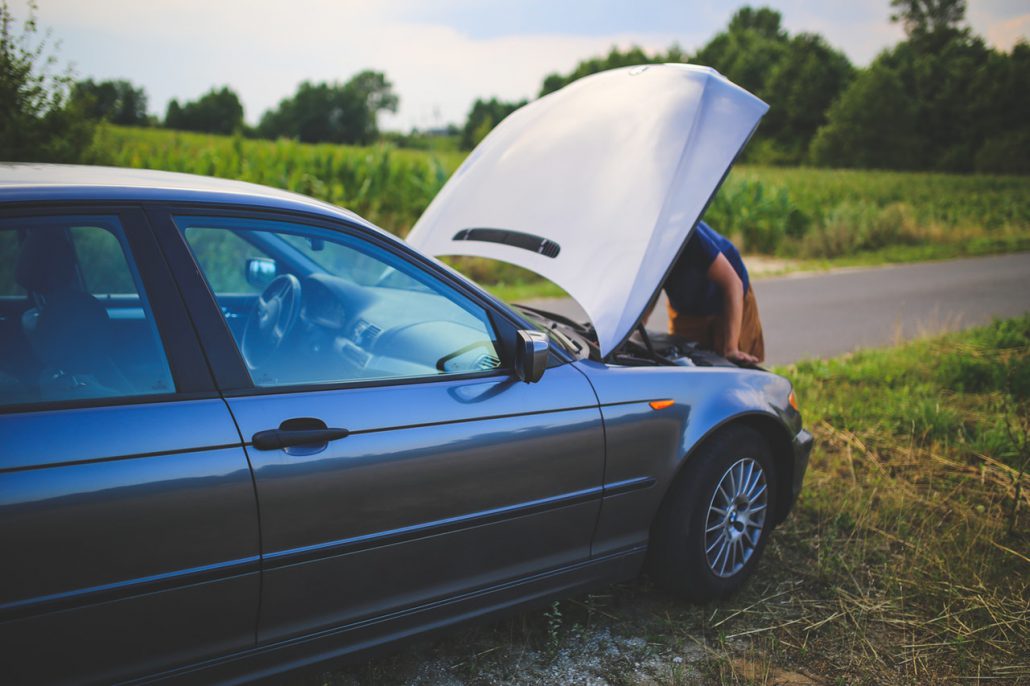What Happens When You Are Hit By An Uninsured Driver?
Knowing that you have car insurance can be a relief. But according to the Insurance Research Council (IRC), 1 in every 7 drivers in the U.S. don’t have any car insurance. That’s about 14% of American drivers. It’s even worse in some states where up to 28% of drivers are uninsured.
Question is, what happens if your car gets hit by an uninsured driver?
There is no quick answer to this. But it will largely depend on the laws of your state. States either have “tort” or civil wrong insurance laws or no fault laws. The laws governing your state will influence what happens if you get hit by an uninsured driver.
What happens in states with tort insurance laws?
If you belong in a state that has “tort” insurance laws, the insurance company of the driver at fault will be responsible for shouldering costs. Assuming that the person at fault is the uninsured driver, he or she won’t be able to make amends through an insurance policy. No wonder it’s worrisome for insured drivers. However, the driver at fault may have other assets besides. It may not be much, but it’s better than nothing.
Under these circumstances, your insurance company will pay for the cost of repairing your vehicle and help cover your medical expenses – including your passengers. This is in spite of the fact that you were not at fault. Your insurance company may also try to sue the driver at fault for his or her assets in an attempt to recover damages. In which case, you may have to appear in court and testify against the driver at fault.
However, you may need an underinsured or uninsured motorist coverage if you want to ensure that your provider covers your costs. It’s a rider or endorsement that you have to pay for on top of your standard policy. The amount of coverage you will get depends on your provider and the agreed policy limit.
What happens in states with no fault laws?
If you happen to be in a state with no fault laws, then the insurance companies of both parties are expected to pay for their respective policy holders. These include:
- The medical expenses of injured drivers and their passengers
- Damages to their vehicles
In these states, it doesn’t matter whose fault it is. You can expect to receive coverage from your insurance provider according to your policy limit. However, your ability to sue the driver who hit you will be limited. It’s only possible to sue them under the following circumstances:
- If you (the driver and policy holder) or your passengers sustained major injuries
- If your vehicle incurred severe damages
Since there are restrictions against lawsuits, you should consider adding an underinsured or uninsured motorist coverage to your policy. This will help you get you better coverage.
Whether you live in a state with tort or no fault laws, it’s extremely important that you have adequate coverage. Talk to your provider about the possibility of getting hit by an uninsured driver, and what you can do to better protect yourself.

